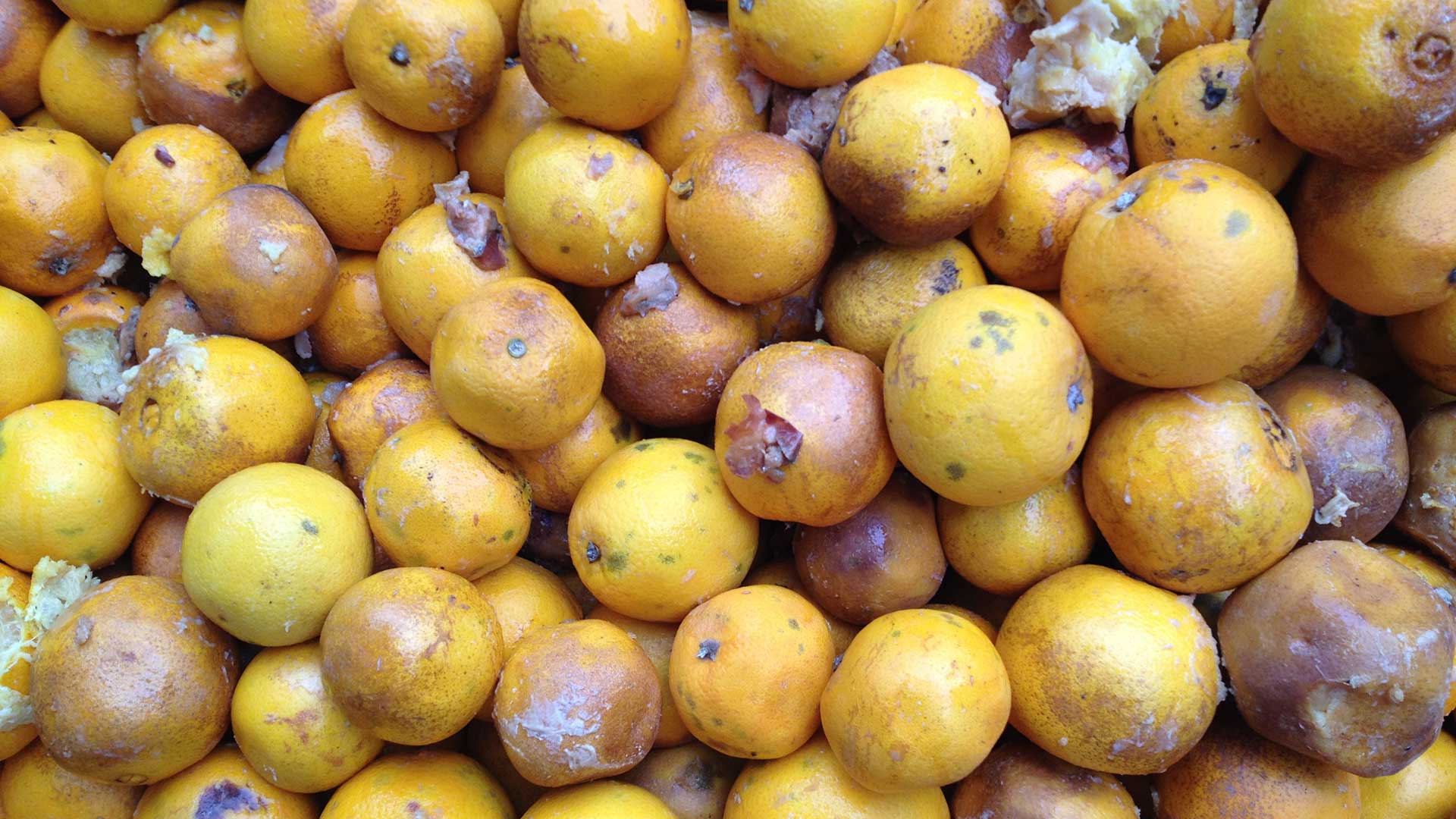As well as consumers, restaurants are wising-up about waste. After a phenomenally successful small-scale pilot, which saw 16 restaurants reduce waste by 42 per cent, the Scottish Government launched its Good To Go campaign nationally, encouraging restaurants to buy recyclable boxes in which to pack up diners’ leftovers to take home and eat later, with heating and food safety advice on them. Feedback from customers has been overwhelmingly positive.
Last April TRJFP partnered with 30 schools in Leeds to redirect six tonnes of food that became free meals for 12,000 pupils, and set up market stall shops selling food on a ‘pay as you feel’ basis. They were an instant success, stalls being used not just by low-income kids or parents but teachers too.
Come September, Smith aims to equip 290 English schools with the know-how to adapt this model, doing assemblies, workshops, education on expiry dates and cooking workshops.
“We can’t afford to not move fast,” Smith continues. “Hunger is a barrier to learning and we’re helping break that down. We’re getting levels of engagement and educational outcomes that we didn’t envisage.”
Teachers reported improvement in reading and writing (“some children wrote letters to David Cameron asking why so much food was being wasted,” Smith says with pride), better behaviour and reaching parents reticent to engage with schools. “Everybody needs to eat. And when you’ve got 200 kilos of food from Marks and Spencer, you’ve got kids walking around eating beautiful organic cherries or blackberries, or food that they’ve never seen or heard of before.
Advertising helps fund Big Issue’s mission to end poverty
“It needs to go national if not international as soon as possible,” he adds, pointing out that councils – and schools – keep all their market stall takings, some buying toasters for classrooms, others tablets for parents to do job-searches.
We’re trying to make food readily available at affordable prices while also addressing food waste
In an ideal future Smith says “if we have a whole generation of children growing up eating food that would’ve gone to waste, understanding the environmental impact, about food provision, providing for themselves, then we have a generation that no longer depends on foodbanks. In 10 to 15 years’ time we could have a massive impact on the reduction of foodbanks across this country.”
EAT APP!
The food waste revolution will be digitised… by an app
While studying at Leeds University, Jamie Crummie and Chris Wilson encountered The Real Junk Food Project and were inspired. Sickened by the fact 600,000 tonnes of food waste from the UK’s hospitality industry goes in the bin annually, while one million people rely on emergency foodbank handouts, they hit upon the idea of a food-ordering app that links users (who subscribe for free) to local restaurants and takeaways that have surplus food which would be headed for the bin.
Paying from £2 to £3.50 for a restaurant quality meal that they pick up at an allocated time-slot, customers save the business (who also subscribe for free) the 97p costs for every meal that hits the bins, so instead of losing money they make a little. Called Too Good To Go, it launched in Leeds, Brighton and Birmingham in January, and recently added a fast-growing swathe of London restaurants, cafes, shops and takeaways.
Advertising helps fund Big Issue’s mission to end poverty
“We’re trying to make food readily available at affordable prices while also addressing food waste,” explains Crummie. “It doesn’t have the stigma attached to it of a charitable handout. It can be used by everybody, from families to people that are vulnerable, to students to young professionals.”
Crummie admits when he first told friends, “they thought it was leftovers or food off plates, which it’s not! It’s perfectly edible food, which would be sold to a customer if they had come in two minutes before the shop closed.”
We’re trying to make food readily available at affordable prices while also addressing food waste
While still working on the mechanics of it, last January Crummie and Wilson started literally knocking on restaurants’ doors, “trying to catch an owner and explain how we envisaged the app working”.
They piloted it in Leeds. “We knew there were 70,000 students there. It would have been the perfect thing for us while studying; the last thing you want to do is cook, it would be great to just go and pick up a cheap meal instead of relying on a supermarket meal deal.”
The website and app are basic but easy to use, and he admits development is ongoing. The next step is a potential link-up with foodbanks, and they are currently talking to The Trussell Trust. They will focus on pushing their Pay It Forward scheme, which allows app users to donate £1 to give a meal directly to someone vulnerable.
“People can feel good while they eat,” Crummie enthuses. “But it’s not something that we envisage being here forever. We want to do ourselves out of a job, so food waste is not an issue any more.”
Advertising helps fund Big Issue’s mission to end poverty









